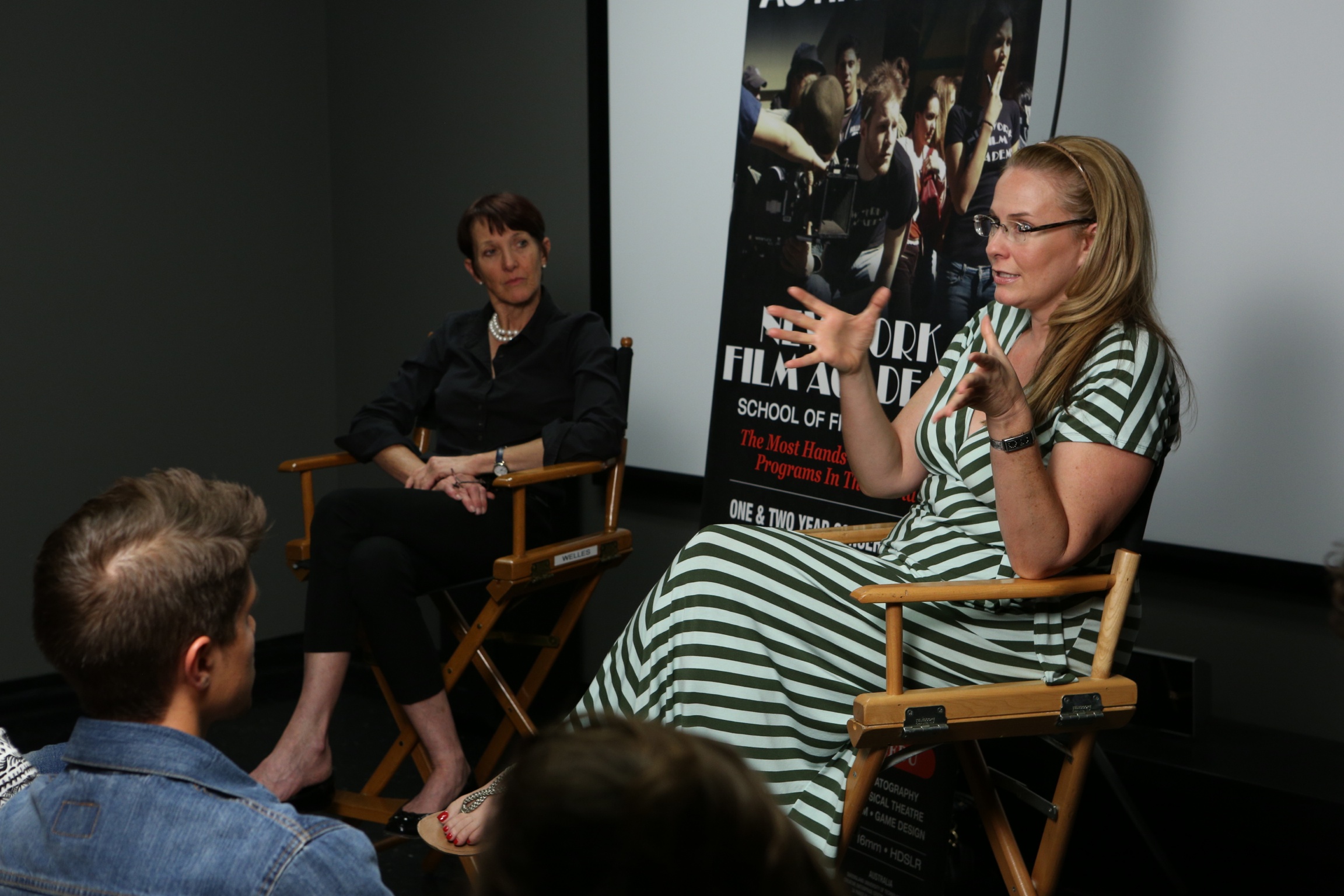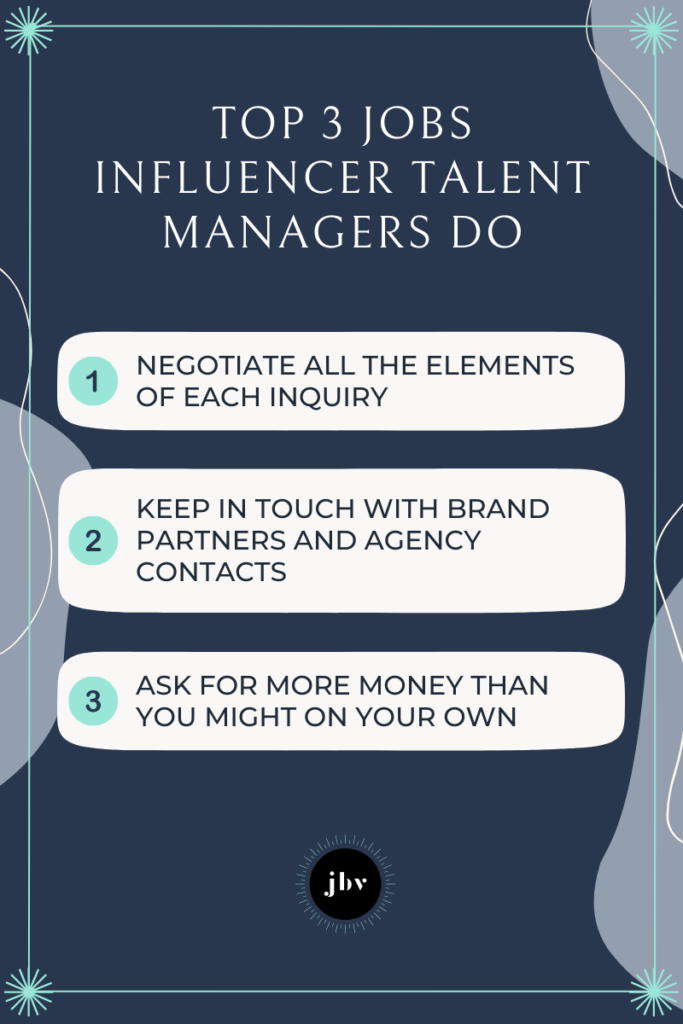5 Easy Facts About The Casting Connection Described
5 Easy Facts About The Casting Connection Described
Blog Article
A Biased View of The Casting Connection
Table of Contents5 Simple Techniques For The Casting ConnectionEverything about The Casting ConnectionHow The Casting Connection can Save You Time, Stress, and Money.The Casting Connection Fundamentals ExplainedThe Single Strategy To Use For The Casting Connection
A talent scout serves as a rep for musicians, performers, athletes, and other people in the home entertainment industry. Their main responsibility is to advertise and represent their clients' interests, helping them secure chances such as acting functions, modeling gigs, endorsements, music agreements, or sporting activities bargains. Talent scout function closely with their clients to comprehend their occupation objectives and desires, and after that leverage their sector links and experience to bargain agreements, protected tryouts, and explore numerous avenues for direct exposure and success.Talent agents generally work in busy and vibrant atmospheres that focus on the home entertainment industry. Their offices can vary based on the size and sort of company they are used in. Here are some typical facets of the workplace of a talent scout: Ability Agencies: The majority of talent agents operate in skill companies, which can vary from tiny store agencies to large, well-established companies.

The Main Principles Of The Casting Connection
These conferences can take area in the agency's workplace, at customer events, or at outside locations hassle-free for the customer. Auditions and Spreading Telephone calls: Agents might accompany their clients to tryouts and casting telephone calls, giving assistance and guidance throughout the process. This can entail taking a trip to different locations, such as production workshops, casting workplaces, or movie sets.
These negotiations typically happen via phone or email, with representatives working diligently to safeguard desirable terms for their customers. Study and Industry Updates: Agents stay informed concerning market patterns, casting calls, and market needs. They carry out study on potential customers, tasks, and market developments to provide important insights to their customers.
They make use of e-mail, telephone call, video clip conferencing, and specialized software application to remain in touch with clients and sector get in touches with. https://www.indiegogo.com/individuals/38002454. High Pressure and Long Hours: The show business runs on limited routines and target dates - Actor Resources Online. Skill representatives commonly work long hours, including evenings and weekend breaks, to ensure they are readily available to react to opportunities and customer needs quickly
They should be critical and influential to safeguard the most effective bargains for their customers, whether it's for a role in a movie, a modeling agreement, or a music bargain.
The Ultimate Guide To The Casting Connection
Once you recognize the distinction, it comes to be very clear. Several individuals new to the acting business, and also more of those outside of it don't recognize the distinction. So, in a couple of words: Basically, a skill agent is worked with by the actor to represent the actor. The star's agent keeps an eye out for ability's interests, working on their part (the really definition of "agent").
They are employed by the manufacturer or the end-client, and their loyalty is to that side of the manufacturing chain. In the service of item advertising and marketing and advertising communications, there are all kinds of representatives.

And yet, although the ability representative is paid by skill (generally via commission), they must additionally satisfy the producer to do their task effectively. Casting Representative: Rarely in major markets, but often in smaller sized markets, some talent scout play both roles, a minimum of functionally. They stand for the skill (usually being paid by compensation), yet they may also carry out tryouts themselves.
Some Of The Casting Connection

Ad agency: This company represents the "marketer," which is the company that develops or markets the services or product being offered. https://ameblo.jp/castingconnection/entry-12863542341.html. With the flowering of media kinds over recent years, an advertisement company may create any type of kind of marketing interaction or audio product, varying from a radio commercial to a viral web video clip
These, and representatives by various other names are analogous to the ad agency, because they offer the marketing professional, in different ways. Their solution might be wider (e.g., an advertising and marketing agency could do anything that is marketing-related), or may be a lot more specific (e. Open call auditions in the US.g., a media firm advises and/or purchases media time and space)
5 Simple Techniques For The Casting Connection
Executive recruiter. This is not so a lot a title as a method to searching for and picking brand-new skill. It describes looking for fascinating (and with any luck capable) skill, rather than heading out through the standard casting chain and having actually picked choices come back. The hunting process could consist of the complete cosmos of educated, established skill, yet is not necessarily restricted to them.
From a client/producer's viewpoint, hunting for ability is a legit method, but most likely not their only strategy. It's naturally inefficient and unpredictable; the skill could have some distinct top quality, but be inexperienced, undirectable and/or undependable, and clearly, the beginning of a limited production timetable is not the time to begin searching for rough diamonds.
Report this page